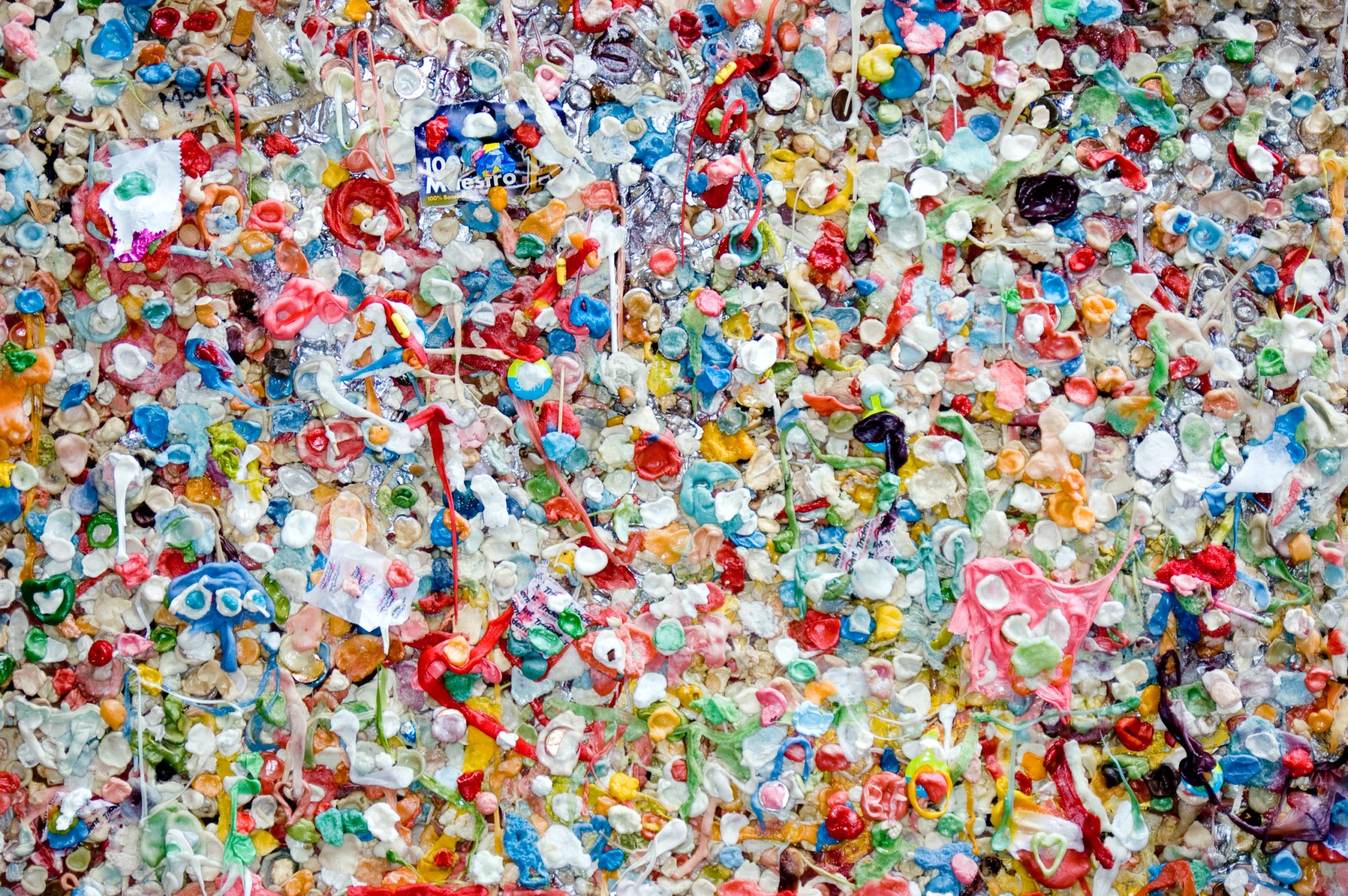THE Scottish Government has said that producers will pay for the environmental costs of packaging under new UK-wide plans.
It comes following major reforms being published which will seek to tackle excess packaging and boost recycling rates.
Under the plans, producers will be responsible for the waste created by their products – with it hoped that this ensures that more packaging is made recyclable or reusable.
Furthermore, fees will be weighted, with producers paying for packaging that is harder to reuse or recycle. The subsequent fees will then be used to help fund improved local recycling collections of packaging waste from households, Holyrood said.
Larger coffee shops, fast food chains and others who sell drinks in disposable paper cups will also have to provide a dedicated bin to collect and recycle items from 2024.
Circular economy minister, Lorna Slater, said, “Too many products still come wrapped in unnecessary or hard to recycle packaging, much of which ends up in landfill or incineration.
“Pricing in the environmental costs of packaging will encourage businesses to either use less or make the switch to more sustainable alternatives. Not only will this reduce waste and emissions, it will also help cut the amount of packaging littering our streets, parks, and beaches.
“We know people want to do the right thing with waste in their homes, but still find it tricky to know what can be recycled, so all packaging will also have standardised recycling labels. This will make it easier for people to recycle packaging correctly.”
Iain Gulland, chief executive of Zero Waste Scotland, added, “These reforms have enormous potential to help drive the circular economy in Scotland and lead to a more sustainable approach to packaging where it is required. With more than 12 million tonnes of packaging waste produced in the UK every year, a substantial proportion of which ends up in landfill, it’s hugely important we take action to maximise the value of packaging by reusing and recycling it effectively, and to reduce unnecessary packaging altogether.”













